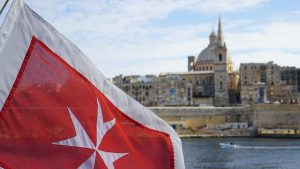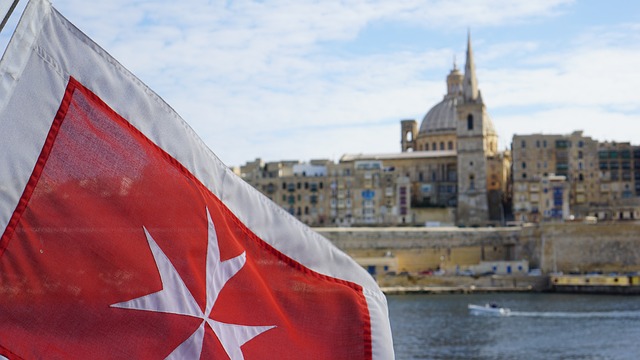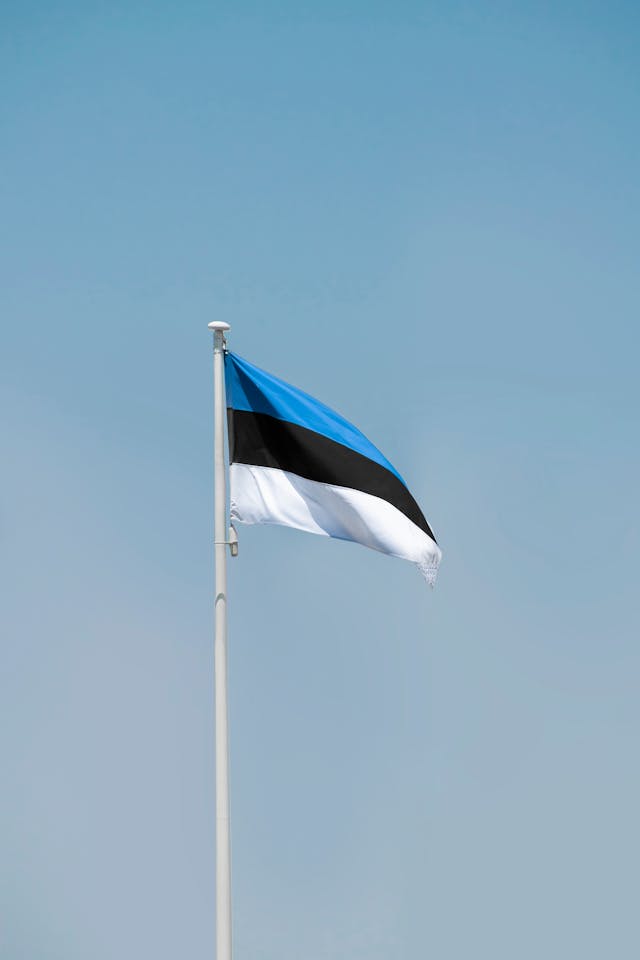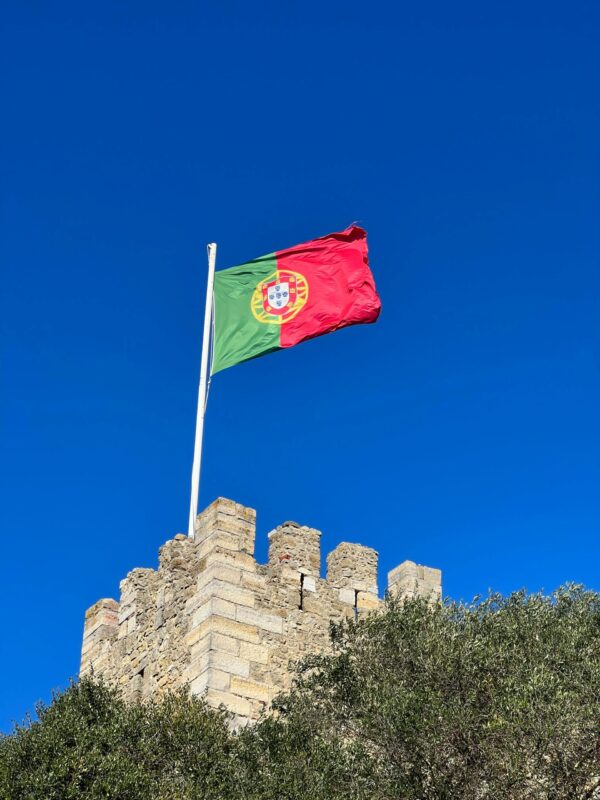
Malta Digital Nomad Visa: Requirements, Application Process, and Benefits
In recent years, the concept of digital nomadism has surged in popularity, driven by the increased flexibility of remote work and the desire for a more nomadic lifestyle. Malta, a stunning Mediterranean archipelago known for its rich history, vibrant culture, and favorable climate, has emerged as a prime destination for digital nomads. The Malta Digital Nomad Visa offers a unique opportunity for remote workers to live and work in this idyllic setting. This comprehensive guide explores the Malta Digital Nomad Visa requirements, application process, and the numerous benefits of obtaining this visa.
Understanding the Malta Digital Nomad Visa
What is the Malta Digital Nomad Visa?
The Malta Digital Nomad Visa, officially known as the Nomad Residence Permit, is a special permit designed to attract remote workers, freelancers, and entrepreneurs who wish to live and work in Malta for up to one year, with the possibility of renewal. This visa allows digital nomads to experience the Maltese lifestyle while continuing their professional activities remotely.
Why Choose Malta?
Malta’s allure as a digital nomad destination lies in its strategic location, English-speaking environment, robust internet infrastructure, and high quality of life. The island nation offers a mix of historical charm and modern amenities, making it an ideal place for both work and leisure. Let’s learn more about the Malta Digital Nomad Visa requirements.
Malta Digital Nomad Visa Requirements
Before applying for the Malta Digital Nomad Visa, it is crucial to understand the eligibility criteria and documentation needed. Here are the detailed requirements:
Eligibility Criteria
- Remote Work: Applicants must work remotely for a company that is registered outside of Malta, conduct freelance or consulting work primarily with clients located outside of Malta, or be self-employed in an established company registered outside of Malta.
- Income Requirement: Applicants must demonstrate that they have a steady income sufficient to support themselves during their stay. As from April 1st 2024, new applicants for the Nomad Residence Permit will have to show proof of a minimum annual gross income of €42,000. This is a lot higher than the Estonia Digital Nomad visa, for example.
- Health Insurance: Applicants must have health insurance coverage that is valid in Malta for the entire duration of their stay.
- Accommodation: Proof of accommodation in Malta must be provided.
- Background Check: A clean criminal record is required.
- Passport Validity: A passport valid for the duration of the intended stay in Malta is necessary.
Required Documentation
To apply for the Malta Digital Nomad Visa, you will need to submit the following documents:
- Completed Application Form: The application form can be completed online or obtained from the Residency Malta Agency’s website.
- Passport Copy: A copy of your passport, including all relevant personal information and any previous visas.
- Proof of Employment: This can include a contract of employment or, if self-employed, evidence of business activity and contracts with clients.
- Income Verification: Bank statements, pay slips, or a letter from your employer confirming your income.
- Health Insurance Policy: Proof of health insurance coverage.
- Accommodation Details: Rental agreement, hotel booking, or other proof of accommodation.
- Police Clearance Certificate: A certificate from your home country confirming a clean criminal record.
- Cover Letter: A letter outlining your purpose for moving to Malta, your professional background, and how you meet the eligibility criteria.
Application Process for the Malta Digital Nomad Visa
The application process for the Malta Digital Nomad Visa involves several steps. Here is a step-by-step guide to help you navigate through it:
Step 1: Gather Required Documents
Begin by collecting all the necessary documents listed above. Ensure that each document is accurate, complete, and up-to-date to avoid any delays in the application process. Here is a list of current documents that is required:
Application Form N4 (for each individual in the application).
Consent Forms signed by both parents in case of minor dependants.
Letter of Intent – a signed and dated declaration by the MA clearly stating the motivations for moving to Malta and the intention of applying for the Nomad Residence Permit.
International Passport – copy of all passport pages (including blank pages) for each applicant. Each individual’s full passport copy must be submitted as one document in PDF format.
Curriculum Vitae – disclosing details of professional timeline and academic qualifications.
Bank Statement – the last three (3) months’ bank statements in the name of the Main Applicant must be submitted. MA’s income must be credited directly to these bank accounts. These should be official bank statements issued by the bank, either downloaded directly in PDF format from the internet, web banking portals or bank apps, or scanned copies of officially stamped and signed hardcopies issued by the bank. Snapshots, copy/paste, and self-generated documents are not accepted. Please note also that all bank statement details must be clearly visible and should not be masked.
Police Conduct Certificate – Yes, all applicants aged 18 and over at the time of application submission must provide Residency Malta Agency with an original police conduct certificate as issued by the competent
national/federal authorities in the country
Step 2: Complete the Application Form
Fill out the Nomad Residence Permit application form, which can be downloaded from the Residency Malta Agency’s official website. Be thorough and accurate in your responses to prevent any discrepancies.
Step 3: Submit the Application
Submit your completed application form and all supporting documents to the Residency Malta Agency. Applications can typically be submitted online via the agency’s portal or through the nearest Maltese consulate or embassy.
Step 4: Pay the Application Fee
There is an application fee for the Malta Digital Nomad Visa. Ensure that you pay this fee as part of your application submission. The fee is generally non-refundable, so double-check all your documents before making the payment.
Step 5: Wait for Processing
The processing time for the Malta Digital Nomad Visa can vary, but it typically takes a few weeks. During this period, the Residency Malta Agency may request additional information or documents. Stay responsive and provide any requested information promptly.
Step 6: Receive Your Visa
If your application is approved, you will receive your Malta Digital Nomad Visa. This permit will allow you to enter Malta and stay for up to one year. Keep your visa document safe and ensure that you comply with all the terms and conditions attached to it.
Step 7: Renewing Your Visa
If you wish to extend your stay beyond the initial one-year period, you can apply for a renewal of your Nomad Residence Permit. The renewal process involves submitting updated documents and meeting the same eligibility criteria as the initial application. With effect from April 1st, 2024, it will also be possible for beneficiaries to apply for a renewal for a third time, for a maximum stay of 4 years (instead of the current 3). This option is open to all applicants.
Advantages of the Malta Digital Nomad Visa
The Malta Digital Nomad Visa offers numerous benefits that make it an attractive option for remote workers and digital nomads. Here are some of the key advantages:
1. Strategic Location
Malta’s central location in the Mediterranean makes it a convenient base for exploring Europe, North Africa, and the Middle East. The island nation is well-connected with major cities through frequent flights, making travel easy and accessible.
2. English-Speaking Environment
English is one of the official languages of Malta, alongside Maltese. This eliminates language barriers for many digital nomads, making it easier to integrate, communicate, and conduct business.
3. Robust Internet Infrastructure
Malta boasts a reliable and fast internet infrastructure, essential for remote work. The island has extensive broadband coverage and numerous co-working spaces equipped with high-speed internet, ensuring that digital nomads can work efficiently.
4. High Quality of Life
Malta offers a high standard of living with excellent healthcare services, a low crime rate, and a rich cultural scene. The island’s warm climate, beautiful landscapes, and historical sites provide a perfect backdrop for a balanced work-life experience.
5. Community of Digital Nomads
Malta has a growing community of digital nomads and remote workers. This vibrant community offers ample networking opportunities, social events, and support systems, fostering a sense of belonging and collaboration among like-minded individuals.
6. Cultural and Recreational Activities
From exploring ancient temples and historic forts to enjoying water sports, hiking, and vibrant nightlife, Malta offers a wide range of activities to suit various interests. The island’s rich history and diverse culture provide endless opportunities for exploration and leisure.
7. Tax Benefits
While residing in Malta on a Digital Nomad Visa, you are not considered a tax resident, provided your stay does not exceed 183 days in a calendar year. This can offer significant tax advantages, depending on your country of origin and tax obligations.
8. Ease of Application
The application process for the Malta Digital Nomad Visa is straightforward and user-friendly. The Residency Malta Agency provides clear guidelines and support throughout the application process, making it accessible even for first-time applicants.
Living in Malta as a Digital Nomad
Once you have secured your Malta Digital Nomad Visa, it’s time to prepare for life on the island. Here are some practical tips and insights to help you settle in and make the most of your stay:
Finding Accommodation
Malta offers a variety of accommodation options, ranging from apartments and houses to short-term rentals and serviced apartments. Popular areas for digital nomads include Valletta, Sliema, St. Julian’s, and Gzira. These areas offer a blend of modern amenities, vibrant nightlife, and proximity to the sea.
Cost of Living
The cost of living in Malta is relatively affordable compared to many Western European countries. Expenses such as groceries, transportation, and dining out are reasonably priced. However, accommodation costs can vary significantly depending on the location and type of housing.
Transportation
Malta has a well-developed public transportation system, primarily consisting of buses that cover most parts of the island. For greater flexibility, consider renting a car or using ride-sharing services. The island’s compact size makes it easy to get around, whether for work or leisure.
Healthcare
Malta’s healthcare system is known for its high quality and accessibility. As a digital nomad, you will need private health insurance, but you can also access public healthcare services if needed. Pharmacies are widely available, and most medical professionals speak English.
Networking and Co-Working Spaces
Joining co-working spaces and attending networking events can be highly beneficial for digital nomads in Malta. Co-working spaces such as Regus, SOHO Office Space, and The Hub offer excellent facilities and opportunities to connect with other remote workers and entrepreneurs.
Cultural Etiquette
Maltese culture is a blend of Mediterranean and British influences, characterized by friendliness and hospitality. English is widely spoken, and the local population is generally welcoming to foreigners. It’s important to respect local customs and traditions, especially when visiting religious sites and participating in community events.
Exploring Malta
Malta offers a plethora of activities and attractions to explore during your stay. Visit historical landmarks like the Megalithic Temples and St. John’s Co-Cathedral, enjoy water sports in the crystal-clear waters, hike the scenic trails, or simply relax on the beautiful beaches. The island’s rich history, diverse culture, and stunning landscapes ensure there is always something new to discover.



Pingback: Best Countries for Digital Nomads | Updated 2024